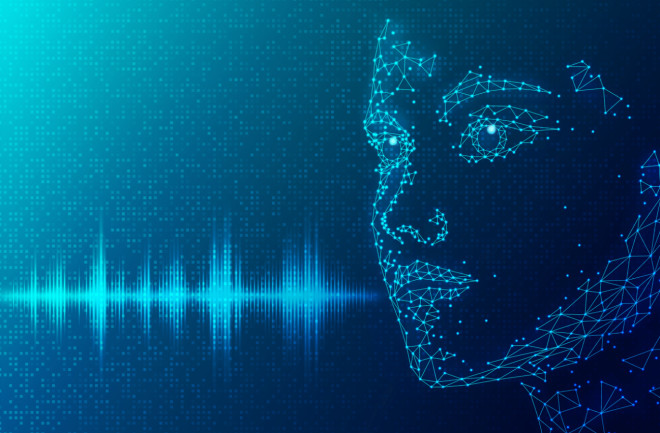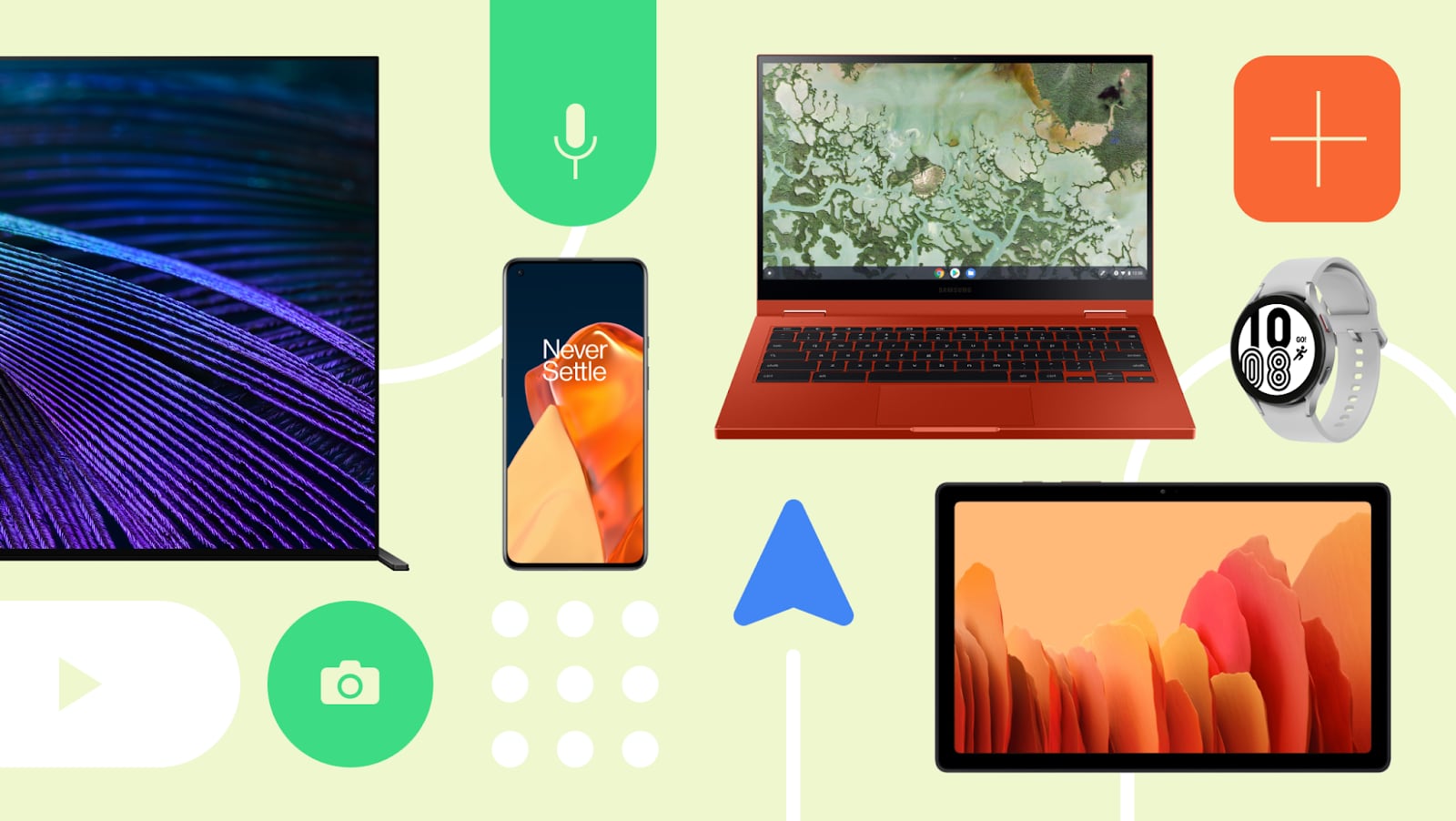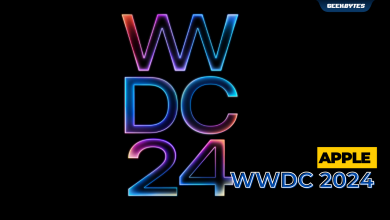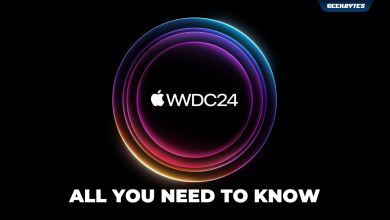
An audiobook narrator from Texas had been concerned that artificial voices produced by algorithms could take away jobs from people like him. His fears were confirmed earlier this month when he and other narrators and authors discovered a provision in contracts between Findaway Voices, a major audiobook distributor, and authors that allowed Apple to use audiobook files for training and models in machine learning. Findaway was bought by Spotify in June of last year, causing outrage among the affected parties.
According to some authors and narrators, they were not adequately informed about the provision and were concerned that it might have allowed Apple to use their work or voices to create synthetic voices for audiobooks. Apple recently launched its first set of audiobooks narrated by algorithms, and this has added to the concern.
There has been an increased interest in automating the narration of books for business and technological reasons. While revenue from books and e-books has declined, audiobook revenue has continued to increase, and advancements in synthetic voice technology have been significant. Although there are now tools that enable anyone to clone voices for synthetic narration, companies still require a vast amount of data to enhance these tools.
According to Tim Friedlander, president of the National Association of Voice Actors in the United States, it has become more common for companies in industries such as entertainment and gaming to include clauses in contracts that require voice actors to permit tech companies to use their work to train AI models for creating digital narration.
Even Adobe, the creator of Photoshop and other image software, has started training its own AI algorithms on the work of visual creatives, unless they choose to opt-out.
Lillian Rachel, a voice actor, removed her Findaway Voices profile after finding out about the machine learning clause. However, she is optimistic that listeners will continue to have confidence in the human-to-human connection. “A good actor does more than just read the story. They imbue it with core emotions and bring out the subtext, elevating the written words with empathy and nuance,” Rachel says. “We bring the human lived experience to each story in a way that cannot be replicated.”






